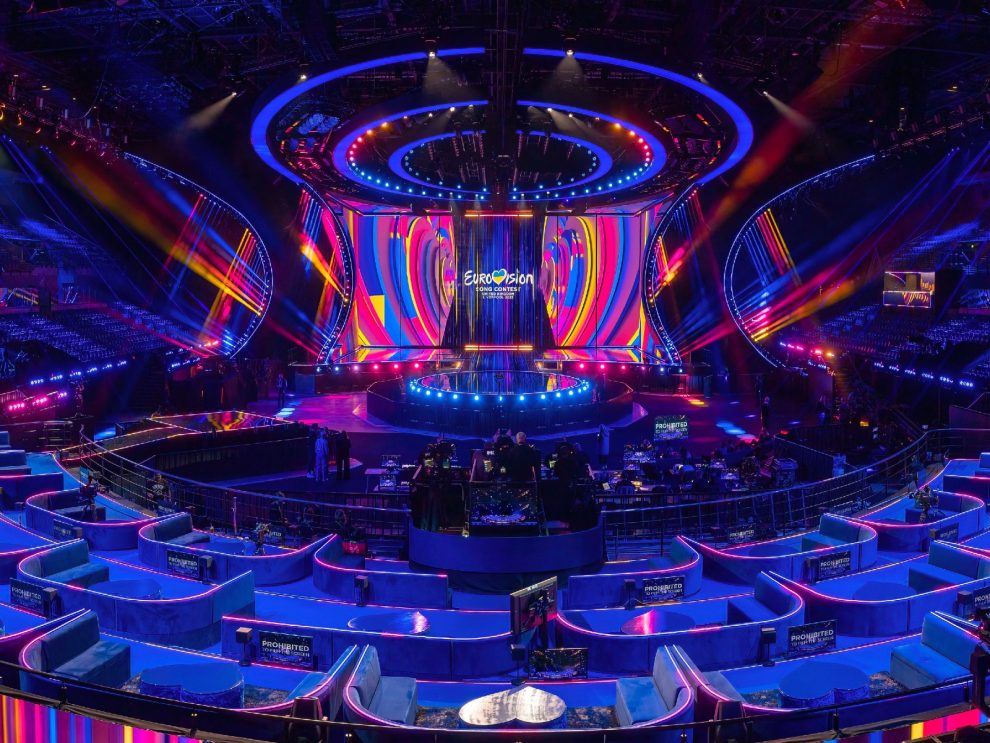Eurovision, the annual international song contest, has captivated audiences around the world for decades. In this blog, we will explore the rich history, cultural significance, and the unique experience that Eurovision offers to millions of viewers each year.
- The Birth of Eurovision: Eurovision was first held in 1956, with the primary objective of fostering unity and peace among European nations through the universal language of music. Since then, it has grown into a global phenomenon, showcasing a diverse range of talents and musical genres.
- Participating Countries: Over the years, Eurovision has expanded its reach, and today it includes numerous countries beyond the borders of Europe. Currently, around 40 countries participate in the contest, each sending their representative to compete on the international stage.
- The Voting System: One of the most exciting aspects of Eurovision is the voting process. Each participating country assigns a set of points to their favorite performances, combining the jury votes and the popular vote of the audience. This interactive element adds suspense and engages viewers across the globe.
- Musical Diversity: Eurovision celebrates the cultural diversity of participating countries. The performances encompass various musical genres, including pop, rock, folk, classical, and even experimental styles. It serves as a platform for artists to showcase their unique cultural identities and musical talents.
- Memorable Performances: Eurovision has given rise to numerous memorable performances that have become iconic in the contest’s history. From energetic dance routines to powerful ballads and visually stunning stage productions, these performances have left a lasting impression on audiences worldwide.
- Eurovision Winners: Each year, one participant takes home the coveted title of Eurovision winner. The winning country has the honor of hosting the following year’s contest, adding to the excitement and prestige associated with the competition.
- Cultural Exchange and Unity: Eurovision serves as a platform for cultural exchange, fostering understanding and appreciation among different nations. It allows artists and viewers to experience the diverse traditions, languages, and musical styles of other countries, promoting unity and friendship.
- Eurovision Song Contest Community: Eurovision has created a strong and passionate community of fans, commonly referred to as “Eurovision fans” or “Eurovision fandom.” These fans engage in discussions, predictions, and support their favorite participants throughout the contest, creating a sense of camaraderie and shared enthusiasm.
- Eurovision as a Launchpad for Artists: For many artists, Eurovision has been a stepping stone to international recognition and success. Previous participants, such as ABBA, Celine Dion, and Conchita Wurst, have gone on to achieve global fame, leveraging their Eurovision experience.
- Cultural Impact: Eurovision has had a significant cultural impact, influencing fashion trends, music styles, and even political discussions. The contest has become a reflection of social issues, promoting inclusivity, diversity, and tolerance.
- Eurovision Song Contest Events: In addition to the main contest, Eurovision organizes various events throughout the year, including Junior Eurovision for young talents and Eurovision in Concert, a pre-show featuring performances by Eurovision participants.
- Hosting Eurovision: Hosting Eurovision is a prestigious opportunity for the winning country. It involves organizing a spectacular show, accommodating international delegations, and showcasing the host country’s culture and attractions to a global audience.
- Eurovision and LGBTQ+ Community: Eurovision has become a symbol of acceptance and celebration of the LGBTQ+ community. The contest’s inclusive atmosphere and messages of love and unity have resonated with LGBTQ+ viewers, making Eurovision an annual celebration of diversity and pride.
- Eurovision in the Digital Age: With the advent of social media and online streaming, Eurovision has reached new heights of popularity and engagement. Viewers can now participate in real-time discussions, vote online, and access exclusive behind-the-scenes content, enhancing their overall Eurovision experience.
- Eurovision’s Future: As Eurovision continues to evolve, it embraces technological advancements, expands its global reach, and adapts to the changing music industry. The contest’s future promises even more innovation, excitement, and celebration of music from around the world.
Conclusion: Eurovision stands as a beacon of unity, diversity, and musical excellence. It has transcended its initial purpose to become a beloved global event that brings people together through the power of music. Whether you’re a devoted fan or new to the Eurovision experience, this annual extravaganza promises an unforgettable celebration of culture, talent, and the joy of music.




















Add Comment